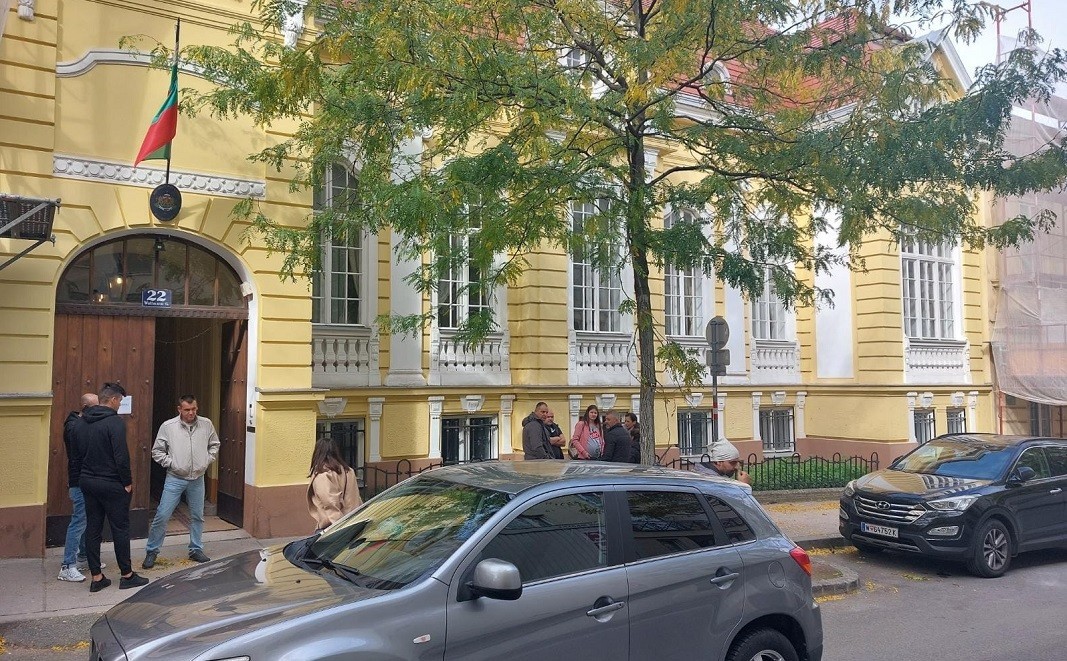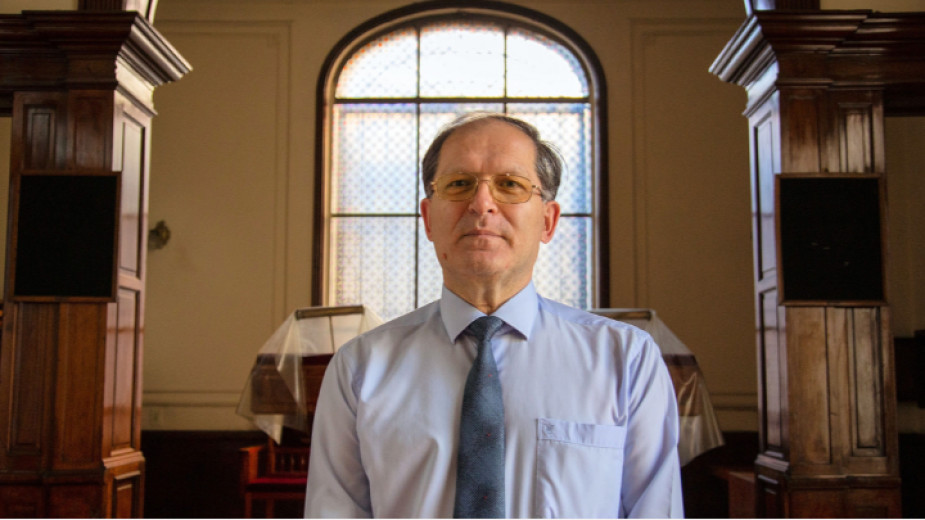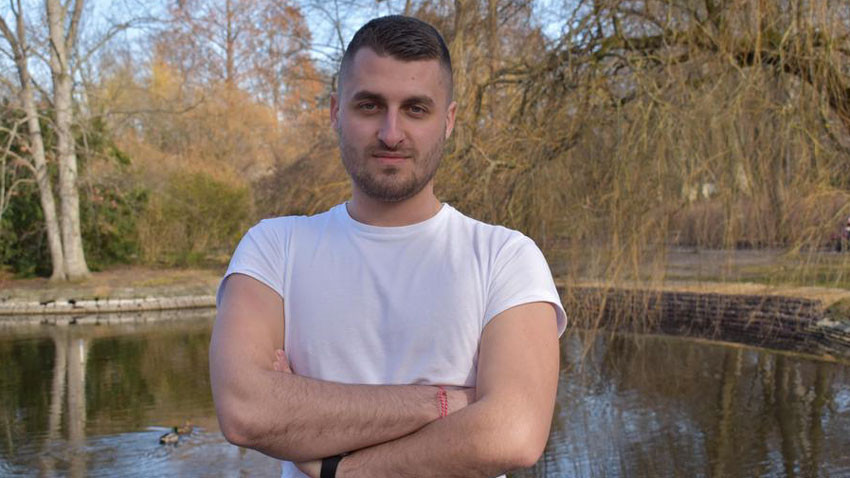The election for the 48 National Assembly of Bulgaria is over, and the results are clear. Not so the future of the country. Throughout election day Radio Bulgaria followed the voting by Bulgarians living outside the country – from the first polling stations to open in New Zealand and Australia, through Germany, the UK, France, Austria, Brazil, Italy, Slovakia, Romania, North Macedonia, to the last ones in US.
Well-organized elections, a clear sign that exercising one’s right to vote is an important democratic value, but at the same time lower voter turnout, a certain amount of confusion and hesitation what choice to make - that is how we can sum up the reactions we have been receiving.

“I am disappointed in Bulgarian politicians. During the campaign they all make promises but when it comes to keeping them, that is a different story,” says Asparuh Chakalksi from Las Vegas. “And those are not dark thoughts, I know that our people are capable of pulling themselves together and, without relying on anyone else, of making it a wonderful country which people will be happy to live in, a country which, even though I left it 30 years ago, is still dear to my heart.”
And one more opinion from the US:
“The processes are, of course, difficult. One step forward, one step back, but it is important that we uphold democracy and the rule of law in the country,” says Theodora Konetsovska, activist and founder of the non-party civic platform “Our vote” from Boston, USA.
“What I expect of the future government is rule of law, respect of people’s rights, a European orientation,” says Denitsa Stoeva, who has been living in Christchurch, New Zealand with her husband and three children for 15 years. This was her fourth time as member of the election commission.

“When you have lived for a while in a country like New Zealand, which is well-ordered and is easy to live in, you begin to appreciate a smoothly functioning administration and the positive effect it has on people’s lives. That is something I have seen and found out here, and I would like Bulgaria to do the same. I would like to see people being gradually facilitated, and a bit mote optimism as well.”
It is this practical experience of the way life in a different civil society works that gives people outside Bulgaria a broad view of the situation and a desire for change in their own country. For example – the benefits of a decision-making process in politics that is based on values, not personal or party gains. Denitsa Stoeva sees such an example in the society where she is raising her children.
According to the Bulgarians living in other countries, there is fatigue after so many elections and broken promises by politicians, says Julien Jelev, chairman of the section election commission in Vienna, and goes on to add how disappointed he is that political parties only show an interest in the Bulgarian communities abroad when there are elections coming.

“After that attention is transferred to other current issues. But there are many of our compatriots outside the country and they need a closer bond with their country. So, I am hoping that after the election, attention will be given to the communities abroad.”
Bulgarians in Argentina also expressed hope of a new, functioning government that will prevent the need for more parliamentary elections. Ivan Tsankov, secretary of the “Bulgarians in Argentina” citizens’ association expressed extreme disappointment that along with the other Bulgarians in Argentina, he was not given the chance to cast his vote. And even though he has been living outside the country for 22 whole years, he still follows the political processes in Bulgaria, and he has hope:

“An aggravating circumstance is, I think, the foreign policy situation because Bulgaria is very close to the region where there is a war right now, and the prospects are not good. When we talk to friends, to relatives they always lay emphasis on their fears for the future.”
Daniel Janev from Berlin believes that the political polarization we are seeing will continue, and that some coalitions will remain taboo, including the formation of a broad coalition between the two parties with the highest number of votes – GERB and We Continue the Change.

“Politicians are following the example of voters in that they are not inclined to bend their own judgement and to join forces with someone who thinks differently. I do not believe that any government formed after Sunday’s election will be able to survive a full term.” According to Daniel Janev, a non-partisan, expert government would not bring the country the stability it needs either.
“I think parties ought to be able to nominate experts but they too should have political accountability,” says Denitsa Stoeva. “Am I an optimist? To be honest I am a bit confused and I do not know what is going to happen after 2 October but I am keeping my fingers crossed that there will be some kind of predictability, security and a positive development for Bulgaria.”
Interviews by Maria Samichkova, Elena Karkalanova, Veneta Nikolova, Miglena Ivanova, Vessela Krasteva, Yoan Kolev
Editing by Vessela Krasteva
Photos: pexels, library, personal libraryThe survival of millions of people around the world, living in conditions of war, hunger, disease and immense despair, is at stake every day. We often approach immigrants from such countries with hostility rather than understanding. What they have..
Modernizing critical thinking skills, fact-checking skills and media literacy are essential for society, especially for young people in Bulgaria - the country with one of the lowest media literacy indices in the EU, reports the educational platform..
The residents of Pleven (Central North Bulgaria) will bid farewell to 2024 with a Christmas Town and meetings with Santa Claus. This year's festive program of the local municipality will start on December 2 with the Christmas tree lighting ceremony at..
The making of knitted products is a traditional craft that deserves a revival and a new life, believes Alexandrina Pandurska, known for her numerous..

+359 2 9336 661
